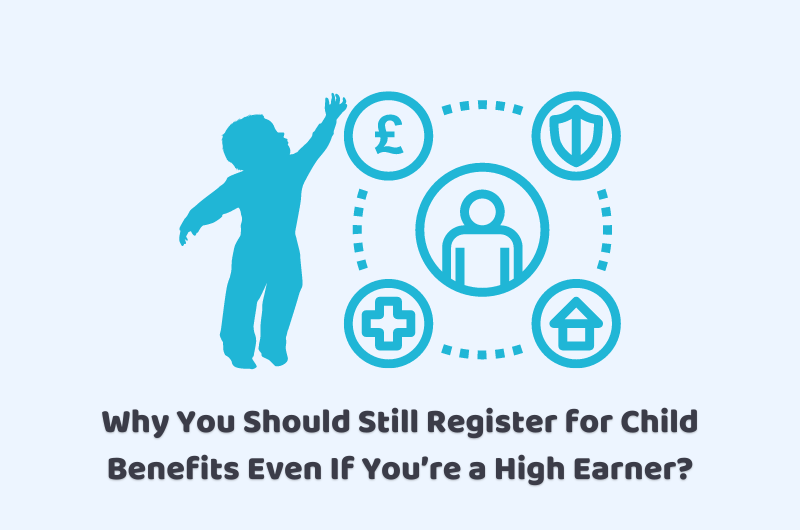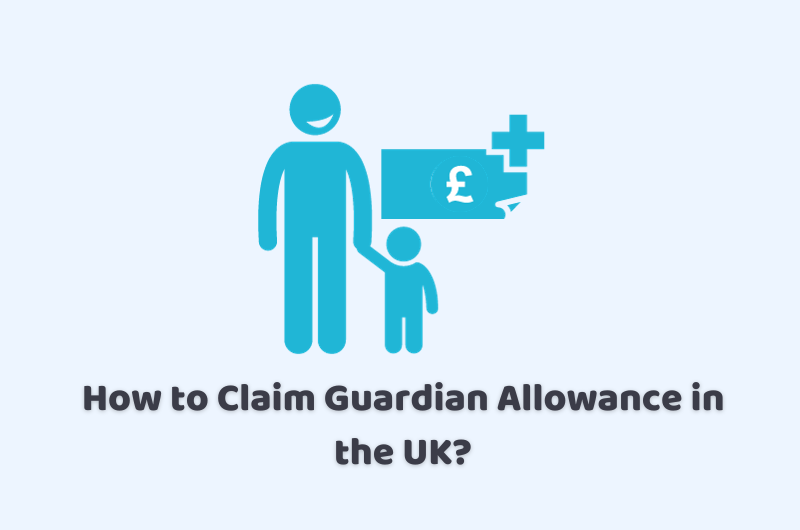
21/06/2024Finance
In the case, you are an individual who is in the role of a caretaker or a parent and you come under the category of High-Income Child Benefit charge (HICBC), you must be wondering whether it is beneficial to opt for child benefits over 60k or there is no point to get registered with the child benefits schemes. Several people take it as a form of the amount that they will have to give back in form of tax payments. However, we have brought up several points that will make you realise that the child benefits can be as beneficial for your case as for the average earners.
Do you have an idea that the child benefits have the ability to keep protection over your state pension? If someone is staying home in the role of care takes and not making any national insurance payments, this will be a way to generate the credits for the state pension. Further in the discussion of this article, we will get involved in the facts about how important is the child benefit for high earners, how can you calculate it, what are the possible drawbacks of not getting registered for child benefits, and what if I am not entitled to any such payment.
Talk to our best accountants and bookkeepers in the UK at CruseBurke. You will get instant help whether you are running a small or large business.
Child Benefits Over 60k – What is the Importance of Child Benefits Registration?
High-Income Child Benefit charge (HICBC) is applicable when an individual in the role of parent aims to make a claim. The income of such a case is considered to be over the limit of £60,000 within the period of one tax year. For every 100 pounds, the child benefit charge is 1% in this scenario.
What are the Drawbacks If I Do Not Register for Child Benefits?
As discussed earlier, the child benefits also work as protection to your state pension. You will be able to come under class 3 of national insurance when you get registered for child benefits and your child is under the age of 12. This means your year will be qualifying for the purpose of state pension, however, you will not get any contributory benefit.
Moreover, when you fail to get registered for the child benefits, an automatic entitlement will be missed out that can help you to qualify for 12 years. It is important to consider the case of a stay-at-home parent or the one who works part-time but still can not make enough for the payments of class 1 and 2 contributions to make a qualifying year.
Can I Register When I am Not Entitled to any Payments?
Many people are of the view that earning a kind of money that you will have to pay in form of a tax sometimes is of no point and it does not provide many benefits. Sometimes people get themselves registered for child benefits, however, they do not opt for receiving this amount of money. What can be the most beneficial option for your unique circumstances depends on several factors. You can simply get in touch with HMRC via online forms or take the help of the local child benefit office.
The Bottom Line
Now that you have gathered a fair amount of information about child benefits over 60k, we can say that child benefits can still work wonders for you and for the sake of protecting your state pension. It does not matter whether you are a high earner or not. We hope these few minutes of reading will help you to develop a better understanding of child benefits and how can you make a choice that turns out to be the most beneficial to your unique circumstances.
Are you seeking professional help to know child benefits over 60k for a small business? Why not get help from the experts at the CruseBurke? Talk to us now!
Disclaimer: All the information provided in this article on child benefits over 60k includes all the texts and graphics. It does not intend to disregard any of the professional advice.

